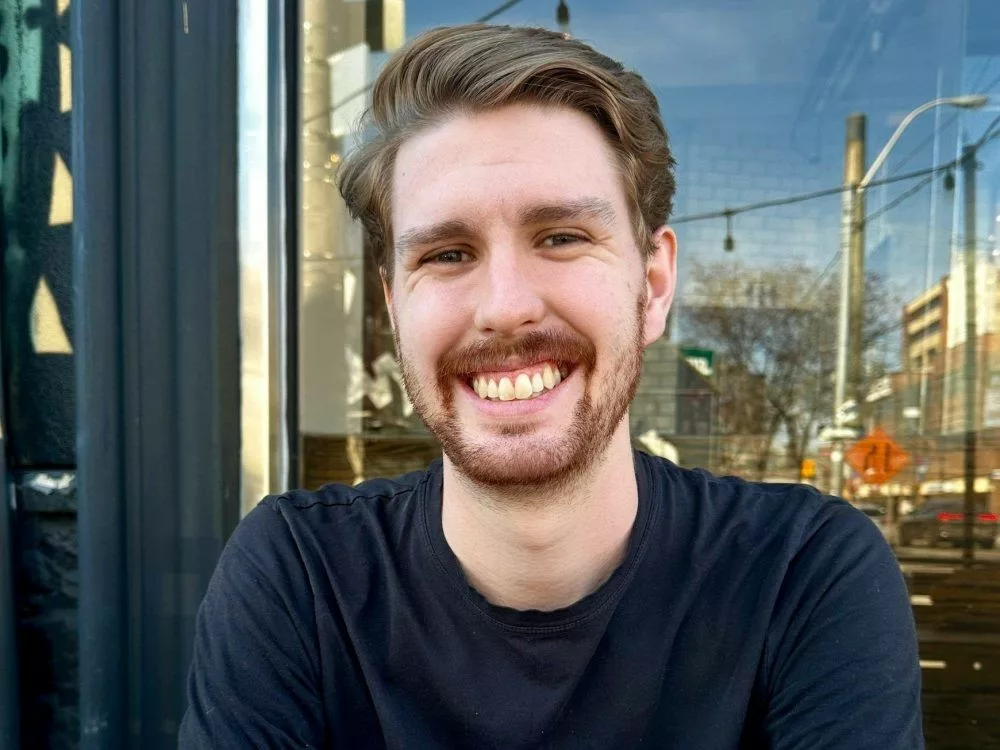
Article content
Trusting that wellness app on your phone to tell you how you’re feeling – or, worse, diagnosing mental health issues with it – may be riskier than you think, a Western University researcher says.
With wait times growing for professional medical help, it may be tempting and convenient to rely on that smartphone you are holding in your hand for virtual mental health advice, but it could stop you from getting the help you may need.
Article content
“That data (from apps) can be beneficial because you can see how you’re feeling,” similar to journaling in some ways, Western philosophy researcher Owen Chevalier said.
But if “people are considering the software as an expert that provides all of the data they need to draw conclusions,” it could get in the way of a proper diagnosis from a professional, he said.
What’s more, in the post-pandemic era, people have not only become “less trustful of medical professionals,” but we are easily swayed by how convenient it is “to rely on technology” to track health in general, Chevalier said.
One of the wellness apps the researcher is examining is Apple’s app, State of Mind. The app is less than a year old and gives users a view of themselves based on algorithms tracking records of their mood, which could be different from a professional’s reading of the situation, Chevalier said.
“You might hit a few symptoms on the checklist for a mental disorder, but that doesn’t mean you have it and everything that comes along with it,” he said.
Another example raising some alarm in the medical community about misinformation and inaccurate self-diagnosis is a TikTok community of people with attention-deficit/hyperactivity disorder (ADHD).
Article content
Some symptoms they discuss online “are now considered mainstream symptoms online, but . . . there’s been very little research on it,” Chevalier said. “If, over time, you develop a belief about that sort of thing and it’s wrong, small errors can get bigger.”
Chevalier will present his findings about how suggestions from different wellness technologies affect the patient-doctor relationship at the Congress of the Humanities and Social Sciences in Montreal this month.
“You shouldn’t necessarily trust something simply because it’s state of the art technology,” he said. “It would be helpful to have people begin to think about mental health as a complex part of their life, and not just simply an illness that can be cured.”
Recommended from Editorial
Share this article in your social network









